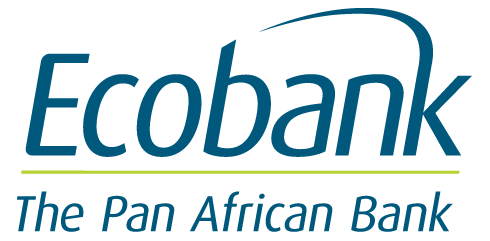Analysts are attributing Ecobank’s poor 2016 financial result to policies of the Muhammad Buhari administration.
The pan-African financial institution recently released its 2016 financial statement, declaring a loss before tax of $131.3 million (N40.1 bn).
President Muhammad Buhari’s foreign exchange policy which was condemned by local and international, financial and multilateral institutions drove the dollar FX rate up by as high as 300% of its value before he came into office, causing shockwaves through the economy of the West African nation.
According to Reuters, Ecobank reported a loss before tax $131.3 million in 2016, from a profit of $205.2 million a year earlier.
Consequently, it reflected in their share holdings as the shares dropped by 5 percent in adding to a 20 percent fall this year, which bodes The stock fell 39 percent last year.
Ecobank also indicated that its performance was also hit by charges as a result of a rise in non-performing loans, which climbed to 9.6 percent of total loans in 2016 from 8.9 percent a year ago.
“Our group revenues remained resilient despite a tough year of macroeconomic headwinds including a weaker economic environment, particularly in Nigeria, and the strengthening of our reporting currency – the U.S. dollar,” Ecobank said.
Ecobank’s losses prompted one its biggest investors, South African lender Nedbank, to write down the value of its 20 percent stake by 1.1 billion Rand.
Nedbank bought its stake for $500 million in 2014. After the writedown, it is worth 2.9 billion Rand ($217.49 million) on Nedbank’s books. It had been worth 7.8 billion Rand in 2015.
Ecobank’s woes have been largely due to its exposure to central and West African economies that have struggled with weak commodity prices; a feedback from the recent global recession.
Ecobank said it planned to raise $400 million via a convertible bond issue at 6.46 percent above Libor and had received interest from existing investors for $300 million. Nedbank however, indicated its non-participation.
Ecobank said $200 million of the cash raised would repay funds used to set up a “bad bank” to resolve non-performing loans. The rest would help restructure the holding company’s debt profile.
Ayeyemi said key investors, which include Qatar National Bank, Nedbank, South Africa’s PIC and World Bank’s IFC, were still supporting the business both with capital and market access.
He said loans would no longer grow as quickly as they had in the past and that the focus will be to enable client payments and trade across the continent to boost revenue.
Around 70 percent of revenues was generated from Francophone West Africa, Ayeyemi said, adding that he expected the bank’s business in Nigeria to pick up. ($1 = 13.3342 Rand) (Additional reporting by Tiisetso Motsoeneng in Johannesburg; Editing by Edmund Blair and Alison Williams)

